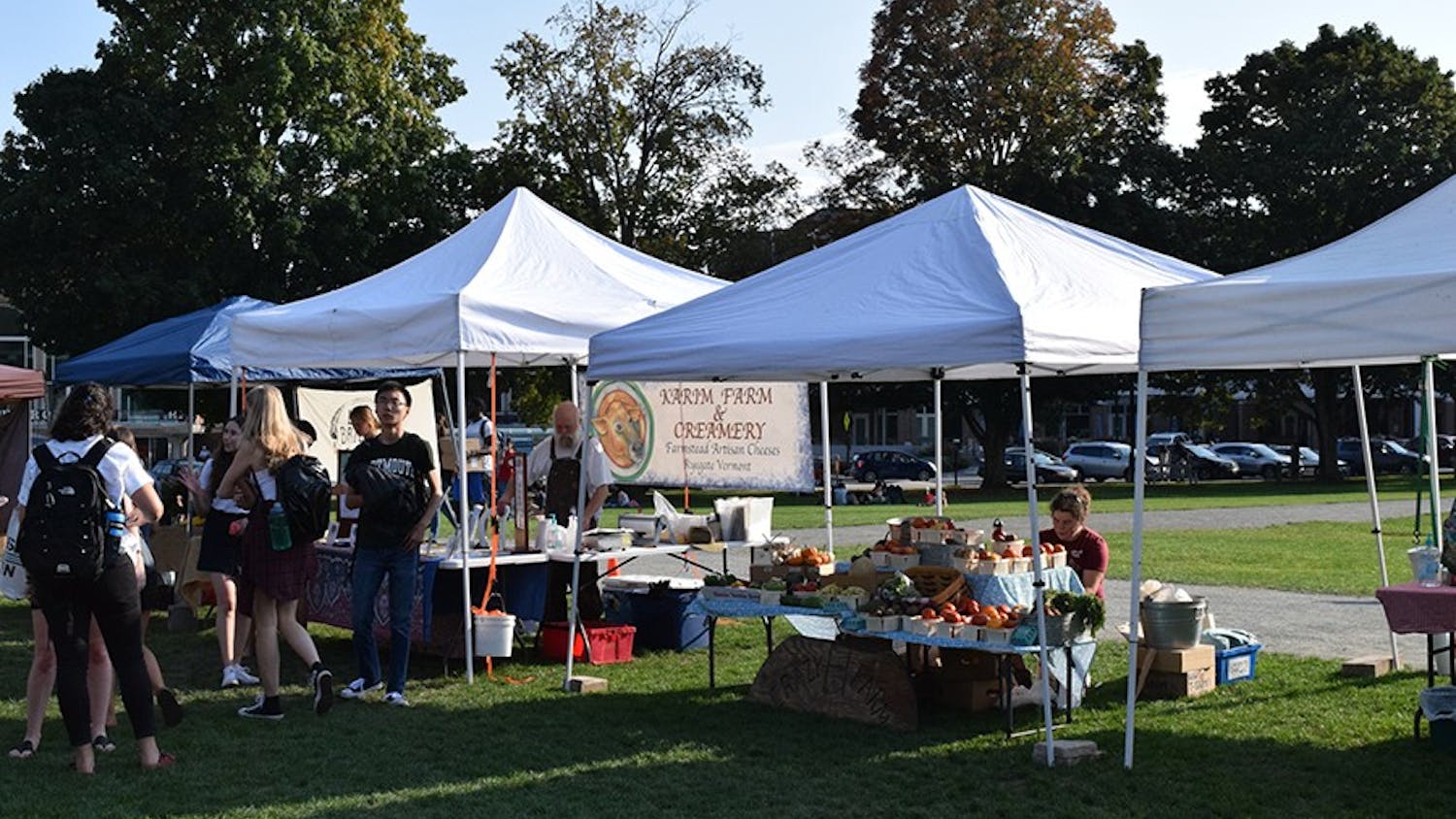Thayer School of Engineering has joined 120 other U.S. engineering schools as part of a White House initiative to transform engineering higher education to tackle substantial social problems. Thayer Dean and professor of engineering Joseph Helble said that initiative aims to tackle a wide array of national problems connected to renewable energy, medicine, health care and the environment.
The initiative, which was announced last week at White House in a letter presented to President Barack Obama, aims to graduate approximately 20,000 “Grand Challenge Engineers” over the next 10 years.
Helble said the initiative grew out of a series of meetings with other engineering schools’ deans with the explicit focus on what could be done differently in engineering education and how future engineering leaders can be trained to tackle societal issues. He added that it was natural for Thayer to join the program because it builds on what he called an open-based project system, which he said Thayer has had for a long time.
“It built so naturally on what we were already doing,” he said.
Helble explained that the program explicitly appeals to graduate students who have fulfilled a series of requirements stipulated by the initiative and by making sure that students have project-based learning opportunities, experiences connected to stated Grand Challenges and interdisciplinary learning.
The five core elements of the project, as stated on the Thayer website, include creative learning experience connected to Grand Challenges, authentic interdisciplinary experiential learning with clients and mentors, entrepreneurship and innovation experience, global and cross-cultural perspective and social consciousness through service learning.
Helble continued that the “Grand Challenge” program articulates that a faculty member will be appointed to oversee that students meet these requirements.
“For us it really is a culmination of experiences that students will get that are undertaking projects that are related to national challenges,” he said.
He also said that there is potential with this program for collaboration between different universities’ engineering programs, but that planning for such programs is still preliminary and that nothing concrete has been established.
He said the time frame to roll out this program will be over the next 10 years.
“The goal is for very institution to graduate a certain number of students with grand challenges experience over a decade,” he said. “It’s a push to develop students that have these kind of experience.”
He added that outward facing nature of the Thayer engineering education lends itself to this program and that they are excited to be part of this.
Engineering student Martin Anguita ’16 said that he is excited about the potential for this initiative, but added that many of the stated goals already align with how engineers see their work and role in society.
“I think it’s awesome that they’re training us for the grand challenges of humanity of the upcoming century, but at the same time, that’s what engineers have always had to do,” he said. “It’s reinforcing what engineers have always had to do so that’s awesome because graduates will just have that much more training.”
Fifth year engineering student Paul Hogan ’14 Th’15 said that he did not know about the specifics of the White House program, but said he appreciates the already broad engineering curriculum that Thayer offers and how it allows students to be flexible in their education and prepares them for a wide array of engineering fields.
Hannah Chung contributed reporting.



